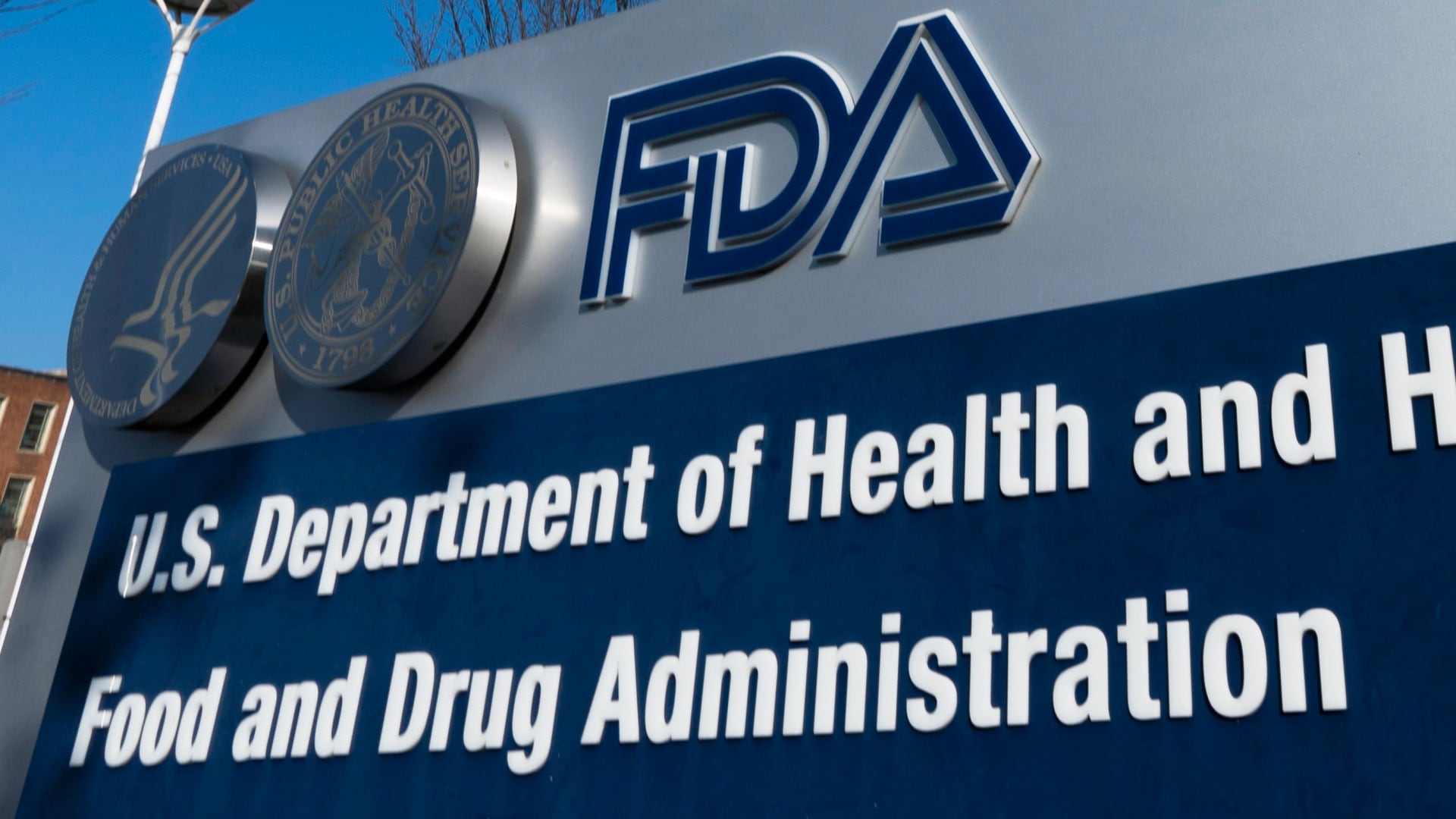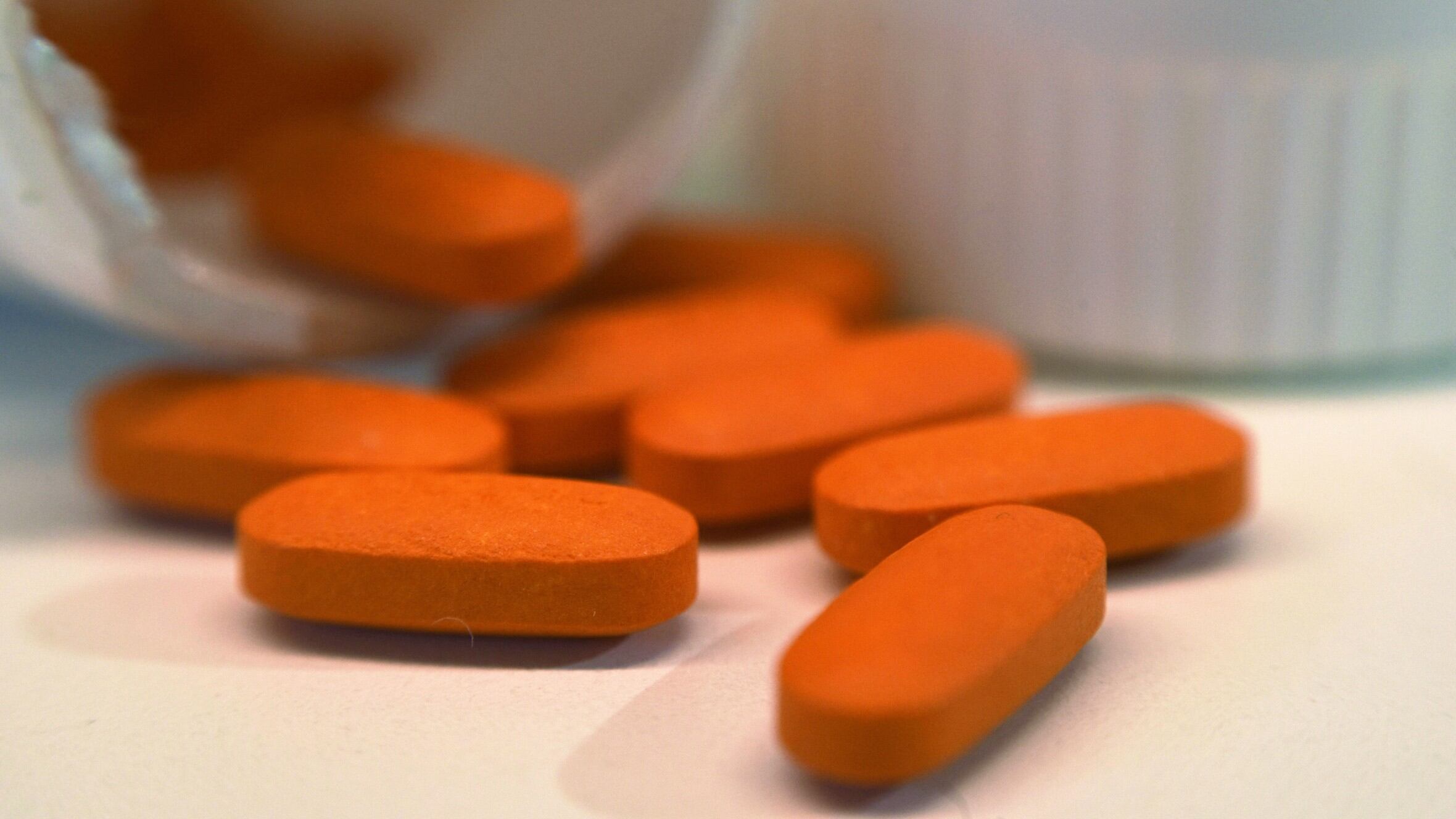U.S. health officials are alerting consumers about two more recalls of eyedrops due to contamination risks that could lead to vision problems and serious injury.
The announcements follow a recall last month of eyedrops made in India that were linked to an outbreak of drug-resistant infections. One person died and at least five others had permanent vision loss.
There's no indication the latest recalls are related to those products.
The Food and Drug Administration posted separate recall notices for certain eyedrops distributed by Pharmedica and Apotex after the companies said they are voluntarily pulling several lots of their products from the market. Both companies said the recalls were conducted in consultation with the FDA.
Pharmedica on Friday said it is recalling two lots of Purely Soothing 15% MSM Drops due to problems “that could result in blindness." The over-the-counter drops are designed to treat eye irritation. The Phoenix-based company said consumers should immediately stop using the drops and return them to the place they were purchased.
The recall affects nearly 2,900 bottles, according to the company. The drops were manufactured in Arizona.
Last week, the FDA posted a separate recall announcement from Apotex recalling six lots of prescription eyedrops used to treat a form of glaucoma. The company said it launched the recall after finding cracks in a handful of bottle caps.
The drops are distributed as Brimonidine Tartrate Ophthalmic Solution. 0.15% and were sold between last April through February.
Apotex said in an email that the eyedrops were manufactured in Canada. The company hasn't received any reports of injuries related to the drops.
___
The Associated Press Health and Science Department receives support from the Howard Hughes Medical Institute’s Science and Educational Media Group. The AP is solely responsible for all content.













